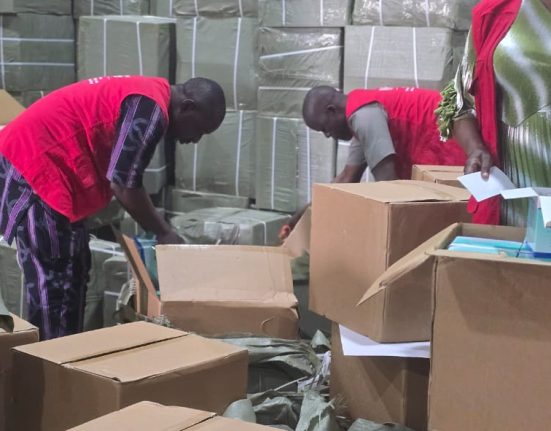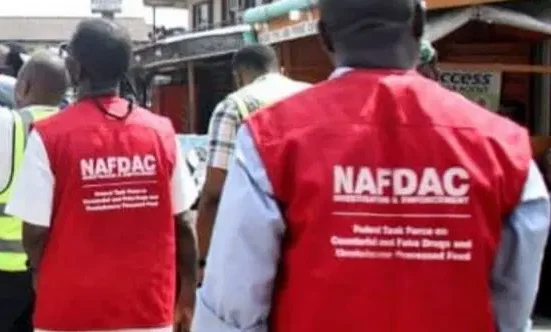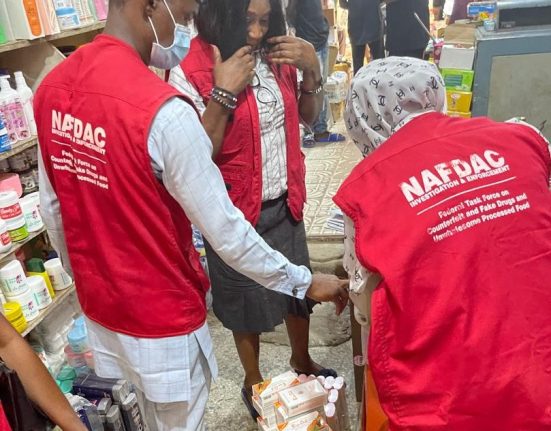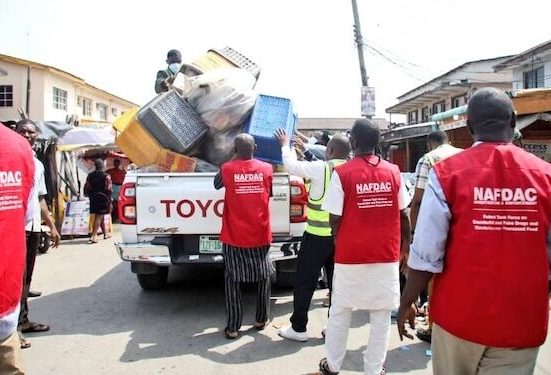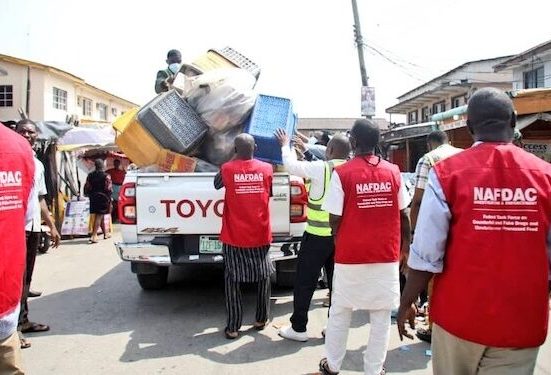A disturbing revelation has emerged indicating that more than 50 percent of pharmaceutical drugs in circulation across Nigeria are substandard or outright counterfeit, posing severe risks to public health and the country’s healthcare system.
This alarming statistic was disclosed in a recent investigative report conducted by health and regulatory experts, raising concerns over the effectiveness of drug control measures and border surveillance in the country.
According to the findings, many of these fake drugs are imported through porous borders or manufactured locally without regulatory approval. The National Agency for Food and Drug Administration and Control (NAFDAC) has repeatedly warned of the growing challenge, noting that counterfeit drugs contribute significantly to treatment failures, increased drug resistance, and rising mortality rates.
Health professionals have expressed deep worry, especially as these substandard medications often mimic life-saving drugs such as antibiotics, antimalarials, and hypertension medications. Victims who unknowingly use fake medicines are often left in worse health conditions or die as a result of ineffective treatment.
The Nigerian Medical Association (NMA) and other stakeholders have called on the Federal Government to intensify regulatory oversight, invest in advanced detection technologies, and strengthen penalties for those involved in the illicit drug trade.
NAFDAC has pledged to increase surveillance operations, collaborate with customs and security agencies, and launch nationwide awareness campaigns to protect citizens from the dangers of counterfeit drugs.
Experts say urgent, collective action is required to curb the circulation of fake drugs before it leads to further erosion of public trust in Nigeria’s healthcare system.


